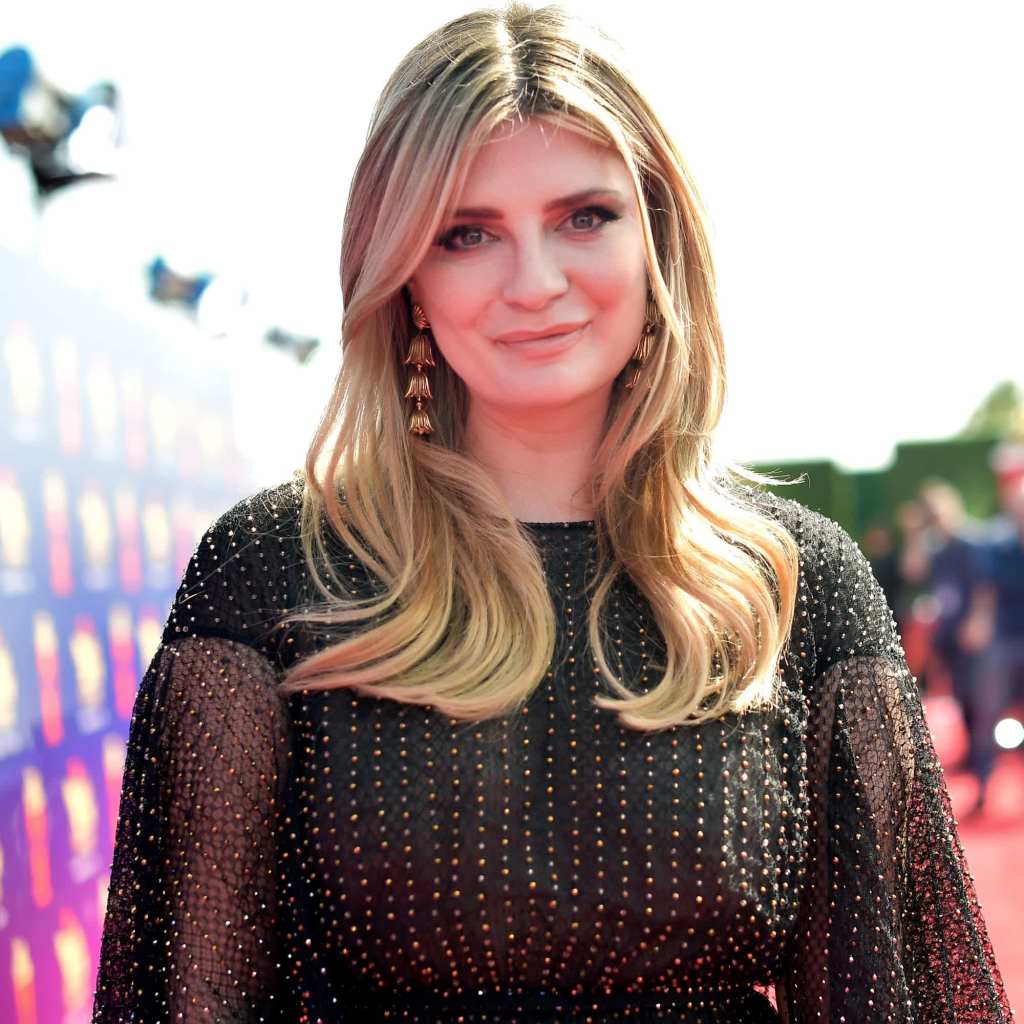In a revealing personal essay written for Harper’s Bazaar, Mischa Barton opened up about her experiences being sexualised in Hollywood from a young age and how it impacted her view of herself and her sexuality.
“The truth is that sexuality has always been a component of my career. Even from a young age, I was sexualised,” the actress wrote, noting that even her film debut Lawn Dogs “explored themes of child molestation”.
At 18, Barton would take on the role that we all know and love her for, as troubled teen Marissa Cooper in The O.C.
In her essay, Barton wrote that “being a virgin at the time in that context made [her] feel like a fraud”.
“I had cultivated the persona of a New York-based, young and streetwise woman who was well beyond her years,” she explained. “Here, I was playing a confident character who was fast and loose and yet I was still a virgin.”
Barton went on to say that the creation of her persona–and playing Marissa–led her to feel like her virginity was “looming” over her and something she needed to get “out of the way”.
“I started to really worry that I couldn’t play this character if I didn’t hurry up and mature a little,” Barton shared, adding that she was “being pursued by older men in their thirties”.
“I eventually did the deed,” she wrote, adding: “I feel a little guilty because I let it happen.
“I felt so much pressure to have sex, not just from him, but society in general.”
Once the pair broke up, she recounted, “it created a toxic and manipulative environment”.
“I felt controlled within an inch of my life,” Barton said.
Now, Barton writes that she feels that “it’s extremely important to recognise the hope in this MeToo era”, and that although she wishes it had happened sooner, she’s grateful that “there is more focus on encouraging girls to protect their own bodies” now.
“From the teenage girl who did a lot of her sexual firsts in front of the world, her first kiss, her first period, her first sexual experience, I have finally learnt what it means to be in control of my own sexuality,” she wrote. “I have grown to love watching women break through these taboos. The more we talk about what we’ve done to generations past, whether it be Britney Spears, who was so poorly treated by the press, or Natalie Portman talking about how she felt overly sexualised as a child, the sooner we can protect our young women and learn from our mistakes as a society”.
Read Mischa’s full essay here.

